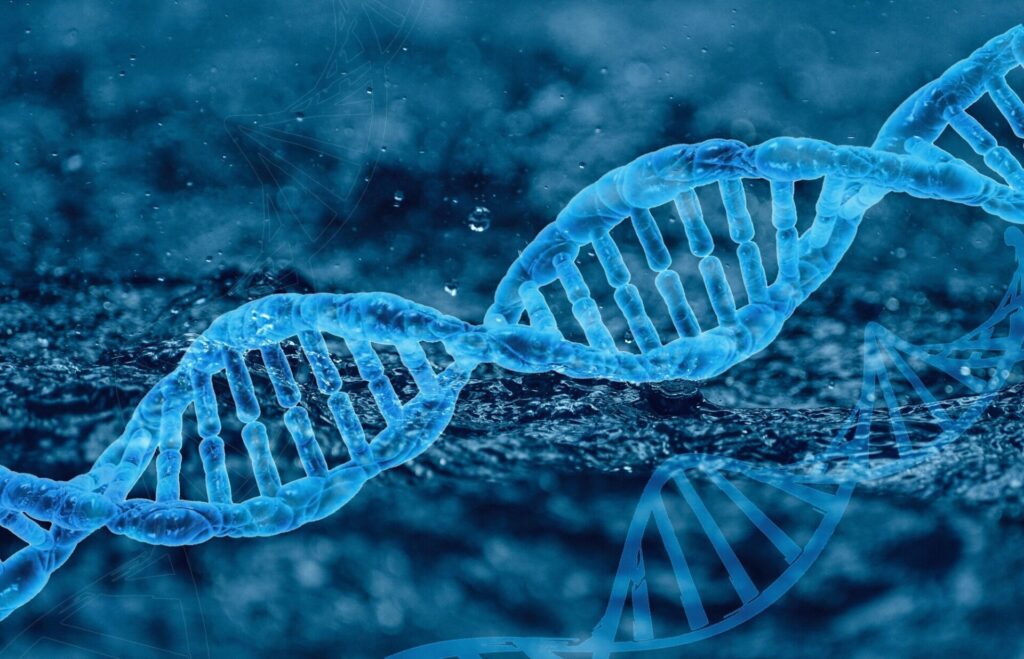Approximately 40.3 million Americans older than 12 had a substance use disorder in 2020. Drug overdoses broke records, surpassing 100,000 deaths in a year timeframe.
When it comes to alcohol use disorder, you may wonder: is alcoholism genetic? Alcoholism is a widely prevalent substance use disorder that has multiple causes.
Family history and genetics can play a role, and we are here to tell you more about them. Finding the right rehab center that addresses the underlying causes of addiction is essential. Keep reading on and learn more about how much genetics plays a role in alcohol consumption and how you can find a San Diego rehab center.
What Is Alcoholism?
Alcoholism or alcohol use disorder is a form of substance use disorder. It is a mental health condition where an individual cannot stop their use of alcohol despite the negative consequences.
Excessive alcohol consumption can lead to emotional, mental, and physical health problems. Alcohol use disorder could also affect a person’s ability to maintain a job or foster healthy relationships. Some of the primary symptoms of alcohol use disorder are:
- Blacking out
- Drinking alone
- Loss of interest in hobbies or social events
- Frequent urges to drink
- Irritability
- Requiring more alcohol with time
- Withdrawal symptoms
Withdrawal symptoms can occur within hours after a person’s last drink, including nausea, excessive sweating, or tremors. In severe cases, alcohol withdrawals can cause hallucinations, seizures, or death.
What Causes Alcohol Use Disorder?
Unfortunately, there is not a one-size-fits-all cause for alcohol use disorder. Some of the main risk factors are:
- Genetics
- Adolescent drinking
- Access
- Lifestyle
- Mental health conditions
- Physiological
For example, stress or peer pressure might push someone to start drinking more. Over time, this can lead to dependence. On the other hand, some individuals use alcohol as self-medication for mental health illnesses such as depression.
Is Alcoholism Genetic?
Medical experts have identified several genes that could increase one’s risk of alcohol use disorder. Some of these alcoholism genes include:
- GABRG2
- GABRA2
- COMT Val 158Met
- DRD2 Taq1A
However, there are some sex differences too. Females have slower initial metabolisms when consuming alcohol. This phenomenon is primarily due to lower levels of ADH that increase blood alcohol concentrations.
The nature versus nurture debate is still ongoing. On the one hand, genetic variants and predispositions could increase the risk of alcoholism in one individual, but the environment still plays a significant role.
In another study, researchers looked at lifestyle and socioeconomic factors contributing to heavy alcohol consumption and/or alcohol use disorder. They found a higher prevalence of both disorders in individuals who met these criteria:
- Younger age
- Divorced
- Lower education
- Residing in an urban region
- Other health problems
- Smoking
Additionally, alcohol use disorder was also more closely tied with other psychiatric disorders. Another example of outside circumstances contributing to alcohol consumption is the COVID-19 pandemic.
During the pandemic, online alcohol sales increased by 262%. Alcohol consumption increased by one day monthly out of nearly 75% of surveyed adults.
What Happens if a Parent Has an Alcohol Use Disorder?
Growing up with a parent who has an alcohol use disorder affects children psychologically and emotionally. Research shows a higher prevalence of children with anxiety, depression, or impulsivity. Teenagers with two parents who have an alcohol use disorder are more at risk of developing this mental health condition in adulthood.
San Diego Alcohol Rehabilitation
Alcohol treatment centers in San Diego can help you or a loved one address the underlying causes of alcohol use disorder. Quality rehab centers in San Diego also focus on dual diagnoses.
Nearly 12% of Americans deal with alcohol use disorder or binge drinking. Many times, self-medication or mental illnesses contribute to excessive alcohol use.
San Diego alcohol rehabilitation focuses on several treatments, including:
- Detox
- Inpatient rehab
- Partial hospitalization program (PHP)
- Outpatient rehab
The first stage – detox – is important for several reasons, including managing withdrawal symptoms. Without medical care, delirium tremens can occur and lead to permanent disability or death. Detox and San Diego rehab centers focus on supervised recovery.
This could include monitoring vitals or administering medication. After detox, a resident will usually attend an inpatient program.
Do Rehab Centers Help an Alcoholic Family?
Rehab centers in San Diego can help alcoholism in families. Family counseling or therapy might be particularly helpful in these cases.
Problematic behaviors within families could increase relapse risks. Specialized family counselors focus on:
- Family systems theory
- Structural family therapy
- Strategic family therapy
- Intergenerational family therapy
- Interventions in family therapy
- And more
All these tools help families dealing with relationship issues or other substance use disorders. It views the family as its own unit rather than the individual. This particular form of therapy might be useful for those suffering from alcoholism and with a history of generational alcohol use disorder.
Other inpatient rehab treatments individuals can participate in are:
- Medication-assisted treatment
- Sobriety education
- Individual treatment
- Recreational activities
- And more
Qualified therapists and counselors have the expertise to help address the multiple factors contributing to an alcohol use disorder. They also provide ongoing resources and support groups to facilitate long-term sobriety.
How To Find Rehab Centers in San Diego
Is alcoholism genetic? There are several variants and higher risk factors if a parent has an alcohol use disorder. That does not dictate that an individual will develop an alcohol use disorder.
Socioeconomic status, lifestyle factors, and even additional stress can all play a role in developing a substance use disorder. Finding a rehab center can help you or a loved one onto the road to recovery.
At Apex Recovery, we have helped dozens of individuals like you. Start seeing the Apex difference by contacting us today and getting the help you deserve.

